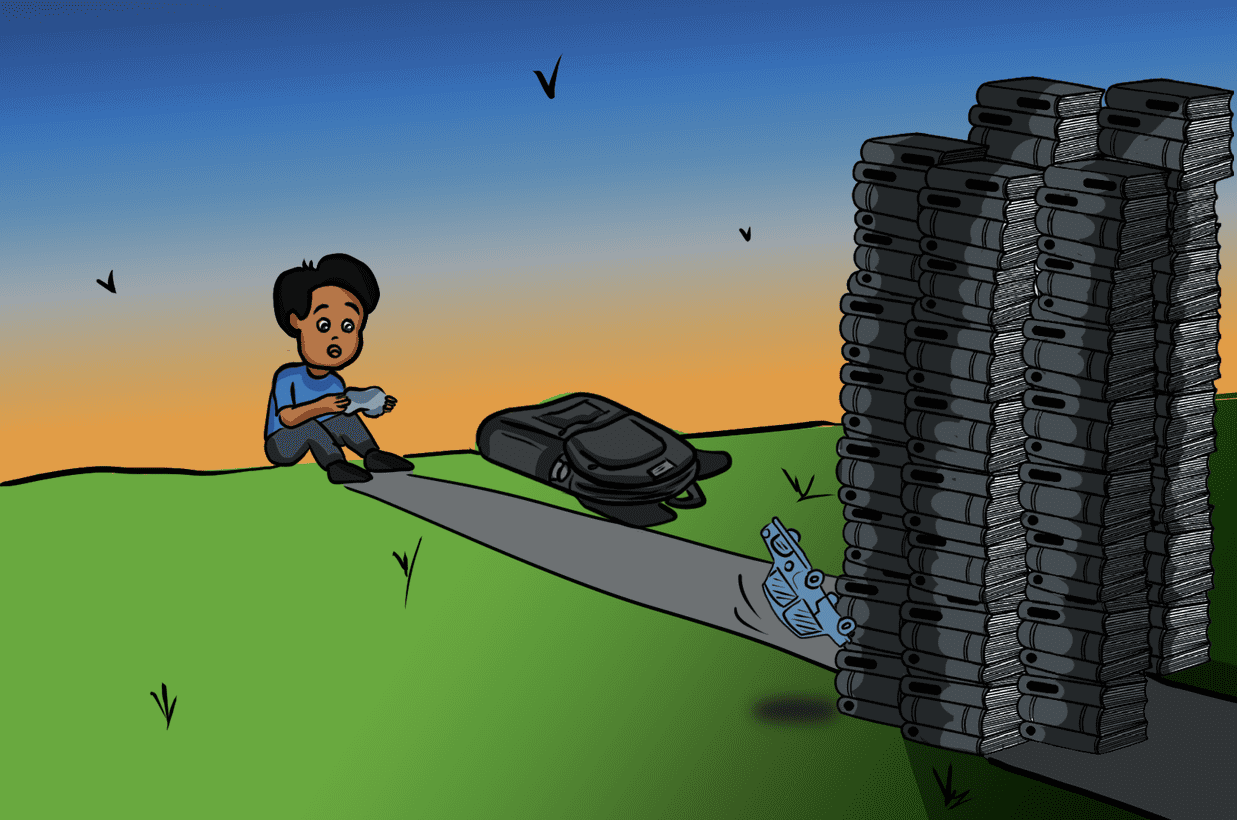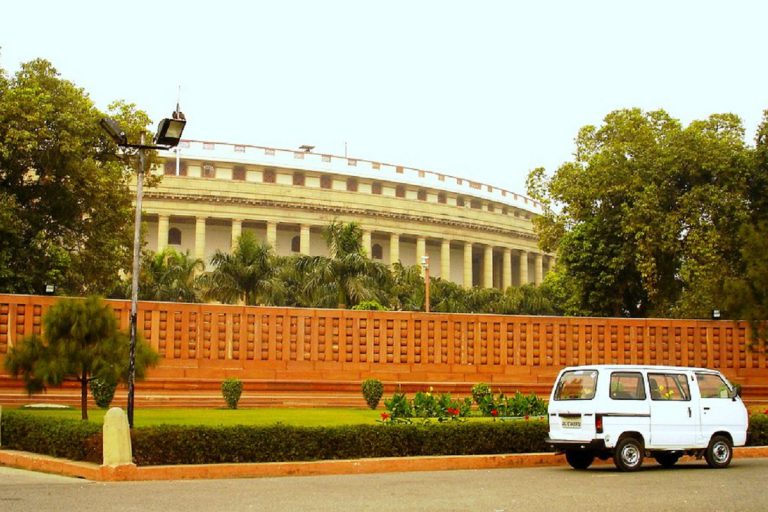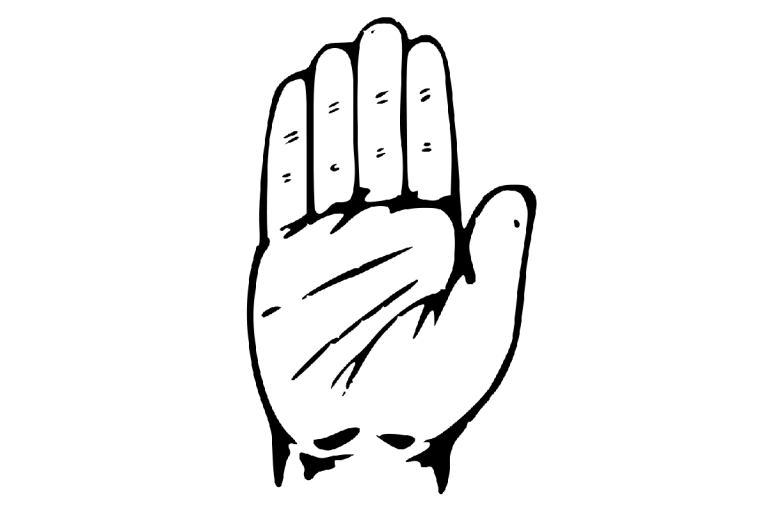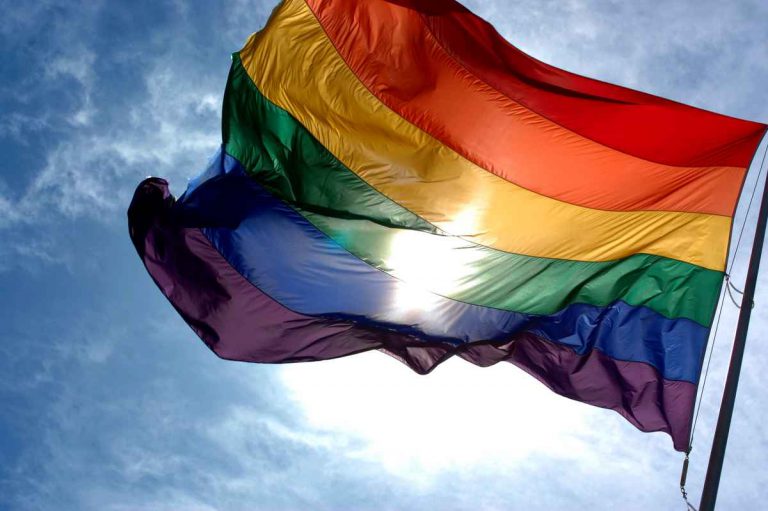Why we need to challenge orthodoxy in Indian Education?
Abhijato Sensarma is from Kolkata, India. His works have been published in The Wire, The Quint, Scroll.in, ESPNCricinfo and McSweeney’s Internet Tendency among other publications.
The challenge of being an Indian student has always been understated, particularly because the system has been designed in such a manner that it does not address the complaints of its most important stakeholders – the students themselves. This plays into the narrative which perpetuates throughout the country. The young are meant to absorb the information presented to them. And the lack of critical assessment – a by-product of the discouragement of questioning – results in their inability to differentiate between truth and bias.
The detrimental effects of memorisation
Rote learning does not need critical thinking beyond the point of strategizing one’s study schedules and mastering the procedure for attempting one’s paper. The main requirement for excellence in our system, after all, is scoring ‘high marks’ – a definition which is touching the ceiling of its maximisation and suffocating even the slightly weaker students of our society with its demands.
The virtues of virtual learning
Our current generation is more exposed to information than any previous generation, but there hasn’t been efficient utilisation of these resources. I have been guilty of this myself – at times, I’ve come across a fascinating book title or an educational video that would have piqued my attention in earlier years.
But now, I stay away from this content on the Internet, rationalising that there will always be a time in life to learn what I’m choosing to skip today – but the algorithms on our social media succeed in only creating a caricature of our best selves, to the point where our personality revolved around a singular goal we want to achieve in our lives, rather than becoming holistic individuals who will find the achievement of these same ambitions much easier on stepping into the real world.
Government directives: boon or bane?
There is apparent hope on the horizon in the form of the New Education Policy, but it only seems to be another policy in a list of long ones where the implementation proves to be detrimental to our growth, even though the intent is appreciable on a surface level.
The globalised world is moving towards homogeneity. The educational sphere cannot be the saviour of diversity, but only a proponent of it. There is an element of pride attached to the proposed usage of one’s second language as a mode of learning in primary schools. But when the same system pushes students towards becoming global citizens, is this move truly going to be beneficial, or turn out to be the contrary?
This entire policy-making decision is an attempt at trying to embrace the Western model of education while seeking to prioritise national pride, a feature that has become prominent in our society over the past few years. These two goals are not incompatible, but it certainly requires a more agile and independent set of minds to formulate a better policy for the students of this country.
The need for external activism
As our society engages in the streamlining of complicated narratives, the manipulation of historical evidence, and the further marginalisation of oppressed groups, our educational curriculum will remain a reflection of this socio-economic privilege. It is a cycle that can be escaped from by going around the system, rather than trying to change it from within.
Students, after all, are taught to be subservient in all spheres of their lives. A dichotomy exists within this country. On the one hand, students are woven into a ‘liberal’ urban narrative of progress and democracy, which is based on the nature of the curriculum prescribed by most boards as well. On the other hand, these same schools have been found to be guilty of practicing casteism, elitism and sexism within its classrooms.
On paper, the easiest way to rekindle the curiosity of our youth is to take action from outside the classroom. It is where the classrooms themselves want to go, but application-based learning is impractical and inimplentable considering the nature of the resources provided to most public schools, in the form of incompetent management at the campus and orthodox teachers.
Only initiative within the spheres of influence for our national curriculum can enforce effective change – be it in the way our economic models choose to reward workers like teachers, the efficiency with which technology is distributed to the most remote parts of the country, or the nature of narratives foretold by our politicians and celebrities.
Combating academic echo chambers
The difference between truth and bias is often blurred within the lines of our textbooks, where a closer reading reveals the intent of the writers. No author is without their own bias, and it is almost always revealed through the act of writing. This is why one must focus on critical thinking – a feature that has been touted by many new institutions to be its defining feature.
When one learns to see in between the lines of what they read and hear, they will be able to form opinions which amalgamate the facts they are told with their internal thought process to form a unique perspective.
Yet, from both personal experience and interaction with my fellow peers in a diverse range of institutional settings, I’ve realised that the very fabric of our society is rigged towards encouraging compliance with what we’re being told, and what we’re expected to become when we grow up.
The myth of ‘universal’ objectivity
There is no objective truth to be found in this world. For the functioning of society, there have been two spheres where the contrary must be established: in the scientific world and the religious world.
For the former, there are calculations and logic behind most of their actions. Yet, it is conducted through the mode of mathematics and understanding which remains restricted by the ‘human’ experience of life. Certain concepts have had to be simplified for us to practically evaluate the world around us, and their explanation is conducted through an artificial language which is upheld by scientists to be the ultimate reality.
These are taught in schools at the primary level to be the gospel truth because of the restrictions of a young mind’s capacity. But when we grow up, we’re often told that these same theories we learnt were false. Our more mature selves are now asked to believe these prior learnings are nothing more than archaic or simplified versions of things that helped one be confident while answering conventional tests from a young age. But what is the value of learning a disproven scientific theory if we’re not told that they’ve been disproven before we memorise its finer points? Young minds need to learn the art of dealing with uncertainty (leading to the embrace of diversity as well) – and that is where the mindset for a more liberal outlook towards life is first built.
Societal norms need to be questioned too
On the other hand, our superstitions, traditions, and even the concept of ‘praying’ in the morning assembly in most of our schools is a direct result of our communities’ affinity for compliance. The students are taught what they think is the ideal kind of discipline, without failing to realise they are stepping on the ladder for becoming obeisant – a quality which will help them attain financial success to a certain extent, but does not help in the cultivation of a multi-directional outlook which the general populace currently falls short of.
The end-product of streamlined education
Short-sightedness can only lead us down a slippery slope. It is perhaps in the best interests of those who control our resources and prescribe our curriculums to keep learning at a minimum while accomplishing their primary goals.
For the private sector of education, this helps them in milking money from parents by offering the prospects of a ‘dream career’ while never doing anything to alter the way things are. For government schools, earning a stable income and producing high literacy rates is prioritised over ‘educating’ the students they claim to tutor. And for the governmental agencies at the helm of decision-making, unquestioning compliance and a diluted understanding of the world is the best recipe for penetrating the mindset of the people they consider to be their ‘vote banks’.
The futility of hope, and why it persists
Some might argue that the status quo must be maintained because a society which ‘questions too much’ becomes embroiled in dissent and chaos. These same people will complement this mindset by mentioning the futility of achieving utopia – a concept distinct to many ideological and political movements which have sprung up over the years.
Violence, mutiny and even revolt are the by-products of a society that begins to question the authority – but only if those with power have been misusing it. This is a never-ending cycle because the usurping of virtual dictators with efficient people leads us to the same enemy of progress after some time. Compliance sets in once again. We’re taught to perceive an image of our institutions rather than being given a chance to think for ourselves about our now allegedly ‘perfect’ system.
And so, there is no escape from this cycle where the educational system becomes a troubling reflection of where our society might be heading. But a homogeneous, faith-centric curriculum remains a much more imminent threat to society rather than the liberal mindset of educators whom certain institutions in our country claim to take inspiration from.Active participation in moulding the course of history remains better than sitting back in an illusory realm of comfort and orthodoxy. Because while neither offers the prospect of true utopia as we understand it, much graver elements of disruption are being brought into society by those in power – and soon, they might have an irrevocable control over what we study and how we think.
Image Credit: Pixabay








